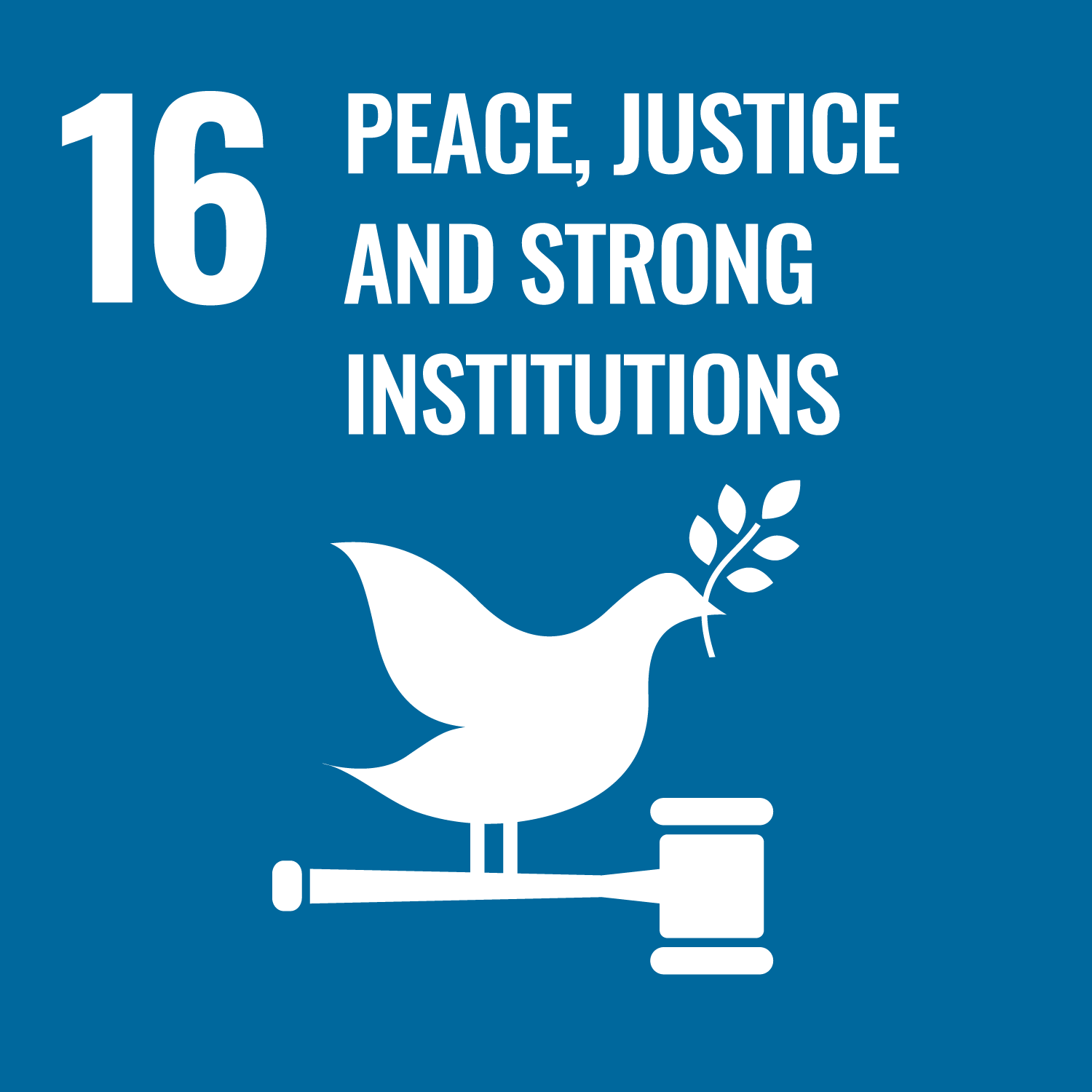This academic article examines whether rights associated with sexual orientation and gender identity should be included within a human rights framework. It argues that human rights can be both a tool and a site of struggle and affirms that a reconceptualisation of human rights could ensure that they are more inclusive for vulnerable groups who are marginalised because of their diverse sexual orientation or gender identity.
The article argues that SOGI based human rights should be pursued because the primary actor targeting sexual and gender minorities are nation states.The different forms of push back and resistance from states to the inclusion of SOGI rights within a human rights framework are outlined at the beginning of the article. Normative critiques of human rights from cultural relativist and poststructuralist perspectives are discussed before the article suggests how to defend the existence of human rights and how best to include SOGI rights within a human rights framework.
The article argues that a key benefit of including SOGI rights within a human rights framework is that it can shift the human rights framework away from a protection of singular identity categories to a more fluid sense of multiple and shifting identities that intersect and influence one another. An anti-foundationalist reading of human rights is favoured by the author who argues that this is the most effective way of incorporating previously excluded populations into a human rights framework.








